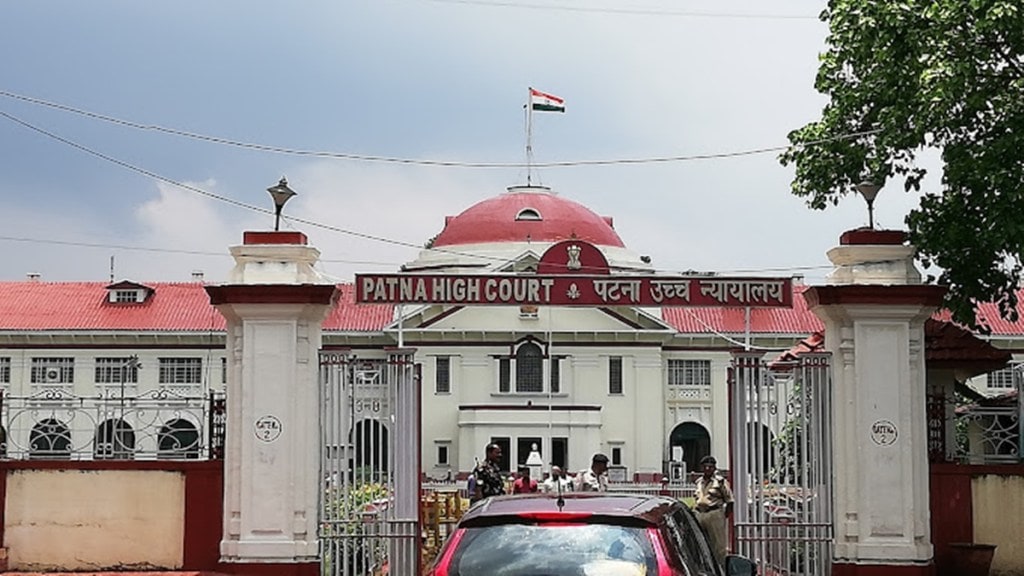In a massive setback for the Nitish Kumar-led Bihar government, the Patna High Court on Thursday set aside the amendments passed by the Bihar legislature last year to increase the reservation for Backward Classes, Extremely Backward Classes, Scheduled Castes and Scheduled Tribes (SC/STs) from 50 per cent to 65 per cent in government jobs and educational institutions, reports Bar and Bench.
A division bench of Chief Justice K Vinod Chandran and Justice Harish Kumar issued the order on several petitions opposing the legislation brought by the state government in November 2023.
The Nitish Kumar-led Bihar government on November 21 last year had passed the Bihar Reservation of Vacancies in Posts and Services (Amendment) Act, 2023 and The Bihar (In admission in Educational Institutions) Reservation (Amendment) Act, 2023.
The Court had set the Acts as ultra vires the Constitution and in violation of equality clause under Article 14,15 and 16 of the Constitution. Notably, in 1992, the Supreme Court capped reservations for the backward classes at 50 per cent.
The quota hike followed a comprehensive survey of caste demographics estimating the population of SCs, STs, OBCs, and extremely backward classes (EBCs) in Bihar.
Ritika Rani, representing petitioners challenging the amendments, said the court reserved its judgment in March on grounds that the changes violated Articles 14, 16, and 20 of the Constitution. These articles pertain to equality before the law, equal protection of the laws, equality in employment opportunities, and rights in criminal proceedings, reports PTI.
Another counsel, Nirbhay Prashant, cited Supreme Court precedents including the Indra Sawhney case, arguing that states cannot exceed the 50 percent cap on reservations.
The Bihar government, citing a caste survey, defended its move, noting OBCs and EBCs constituted 63 per cent of the state’s population, with SCs and STs at over 21 per cent.
In October last year, Bihar reported findings of its caste survey after the central government declined to include social groups beyond SCs and STs in the census.
The state government argued that the 50 per cent cap on reservations was breached following the introduction of 10 per cent quotas for economically weaker sections by the central government, adopted by states including Bihar.
The Nitish government then amended its reservation laws whereby the quotas for SCs, STs, OBCs and EBCs were raised from 50 per cent to 65 per cent. Taken together with the quotas for EWS, reserved seats in the state rose to 75 per cent of the total population.
The state had sought to place the amended reservation laws in the Constitution’s Ninth Schedule, shielding them from legal challenges.

